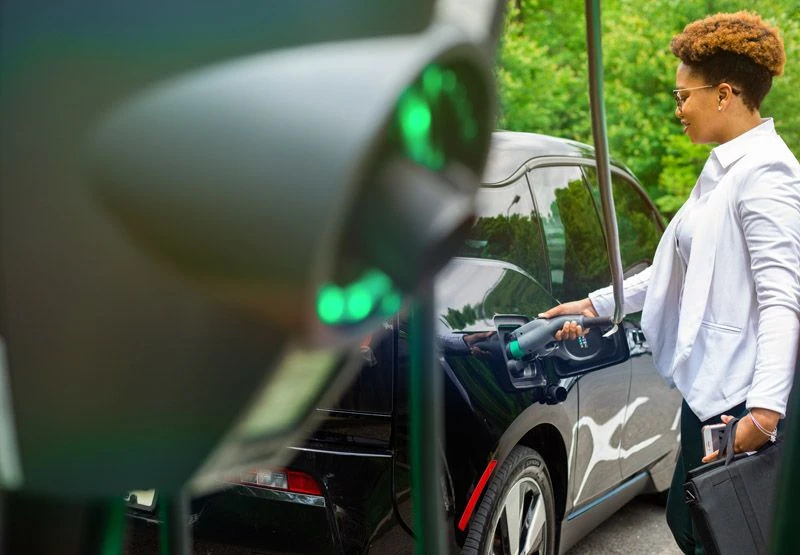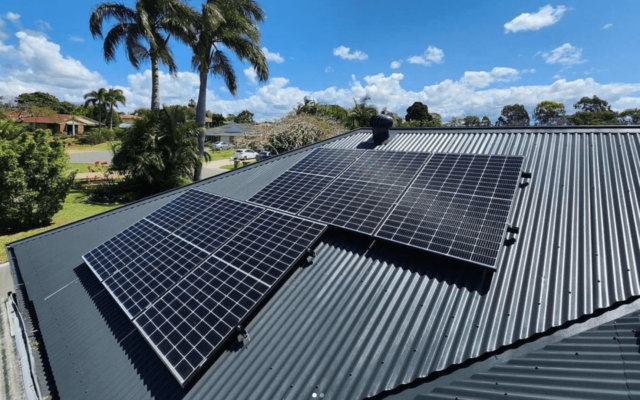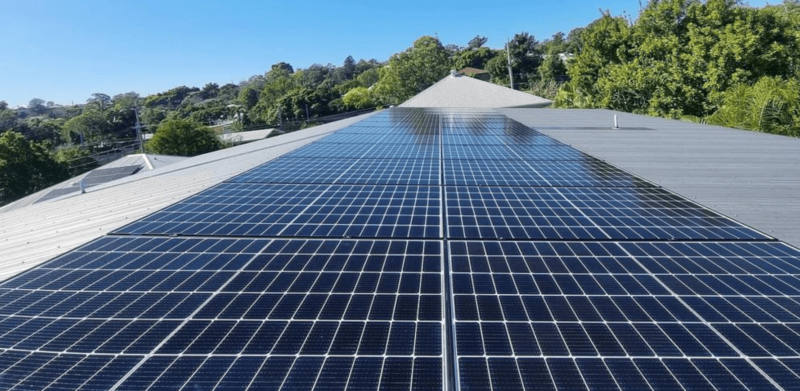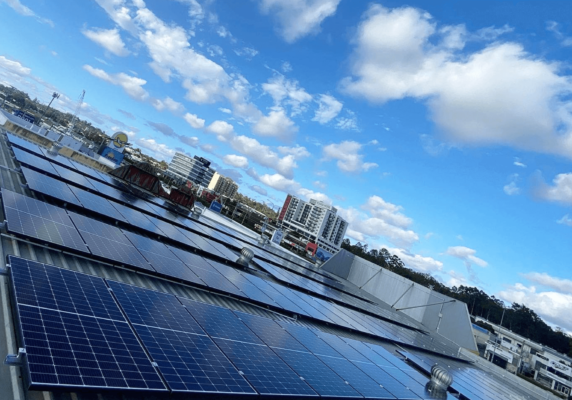What are EV (electrical vehicle) Chargers? In essence, an EV chargers function akin to your mobile charger. Its sole distinction lies in its purpose – charging your electric vehicle. Just as mobile devices demand sustained power, EVs require a similar charge to keep moving. By plugging into your vehicle’s EV sockets, the charger harnesses energy from the grid or your home’s installed solar system to power up your EV.
Powering the Future of Mobility
In today’s world, the demand for EV chargers is widespread. Research predicts that electric vehicles (EVs) will soon surpass traditional vehicles, driven by a swift and persistent trend. This is evident from surging EV sales, the increase in EVs on roads, and government EV mandates. The message is clear: the electric future is imminent, highlighting the essential role of EV chargers in reshaping lifestyles.

Types of EV Chargers
Type 1 EV Charger
- Basic, plugs into home mains for gradual charging.
- Slowest among EV chargers.
- Affordability and potential free inclusion with some EV models.
- Suitable when charging time isn’t a crucial concern.
Type 2 EV Charger:
- Wall-installed, utilizing AC electricity.
- Highly popular and efficient.
- Compatible with grid power or solar energy.
- Ideal for hassle-free home charging.
Type 3 EV Charger:
- Found in car parks and commercial stations.
- Ground-mounted uses DC energy.
- Not suitable for homeowners.
EV Chargers – Charging Time Breakdown
Charging times vary across three levels: Level 1, Level 2, and DC Level 3, contingent on the type of charging point employed.
Level 1:
- Charges at 2 to 5 miles per hour.
Level 2:
- 15 times faster than Level 1, averaging 13-75 miles per hour.
- An optimal choice for home charging stations.
DC Level 3:
- Charges 80% within 10 to 30 minutes.
- Rapid option, not suitable for all EVs.
Benefits of Embracing EV Chargers
ROI Enhancement:
- EV chargers yield substantial returns on investment, augmenting solar system ROI as well.
Convenience Amplification:
- Home EV chargers boost convenience by allowing hassle-free overnight charging.
Cost-Effective Energy:
- Relying on solar systems or grid power, EV chargers mitigate concerns about rising fuel costs.
Final Verdict
In the end, it is safer to say that an EV charger is a home energy solution that can be helpful in saving the cost of fuel. Not only this, but it allows you to charge your vehicle at your home. Hence no need to plan a trip to fuel stations and wait in queues. The electric future beckons – and with it, the promise of cleaner, more convenient transportation.
Our adept solar installers can guide you through the features, helping you identify the optimal fit for your EV.



